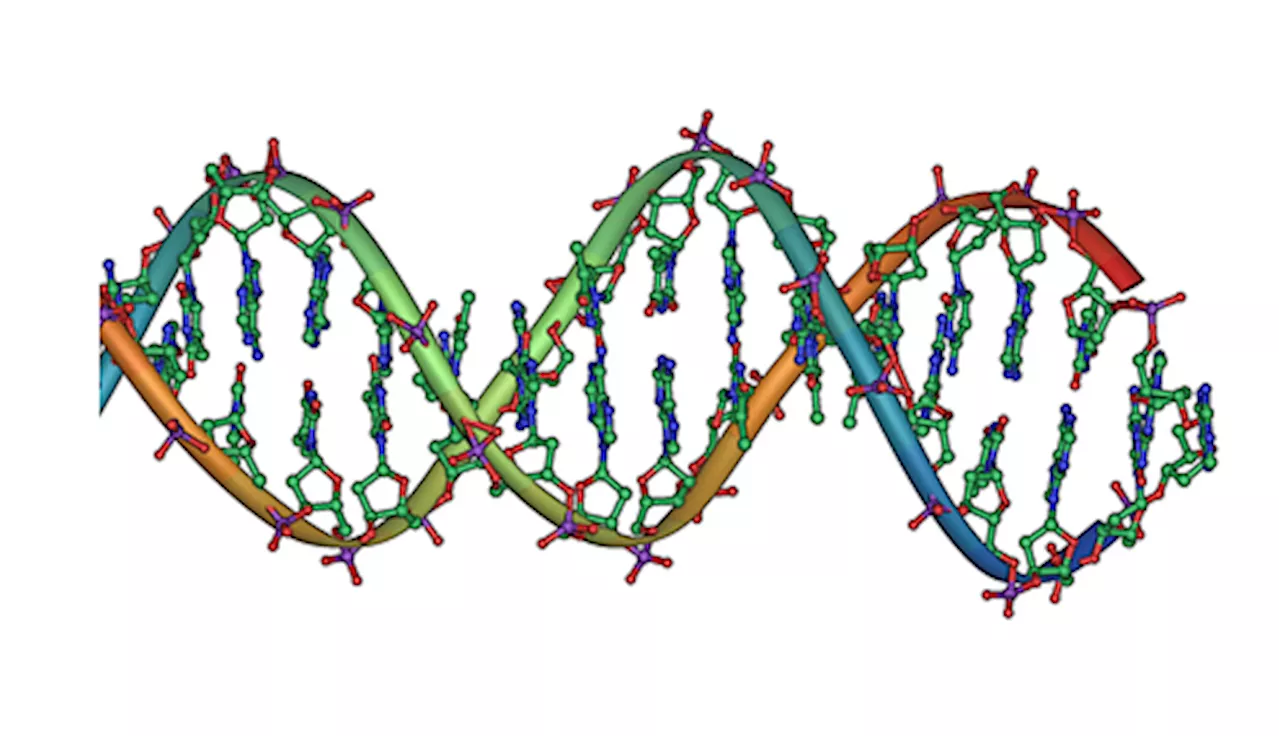Researchers have reconstructed the oldest human genomes ever found in South Africa from two people who lived around 10,000 years ago, allowing a better understanding of how the region was populated, an author of the study said Sunday.
Researchers decode oldest human DNA from South Africa to date retrieved 22 September 2024 from https://phys.org/news/2024-09-decode-oldest-human-dna-south.html
This document is subject to copyright. Apart from any fair dealing for the purpose of private study or research, no part may be reproduced without the written permission. The content is provided for information purposes only.Jul 31, 2024Use this form if you have come across a typo, inaccuracy or would like to send an edit request for the content on this page. For general inquiries, please use ourThank you for taking time to provide your feedback to the editors.
Your feedback is important to us. However, we do not guarantee individual replies due to the high volume of messages.to let the recipient know who sent the email. Neither your address nor the recipient's address will be used for any other purpose. The information you enter will appear in your e-mail message and is not retained by Phys.org in any form.Get weekly and/or daily updates delivered to your inbox.
Physics News Science News Technology News Physics Materials Nanotech Technology Science
United States Latest News, United States Headlines
Similar News:You can also read news stories similar to this one that we have collected from other news sources.
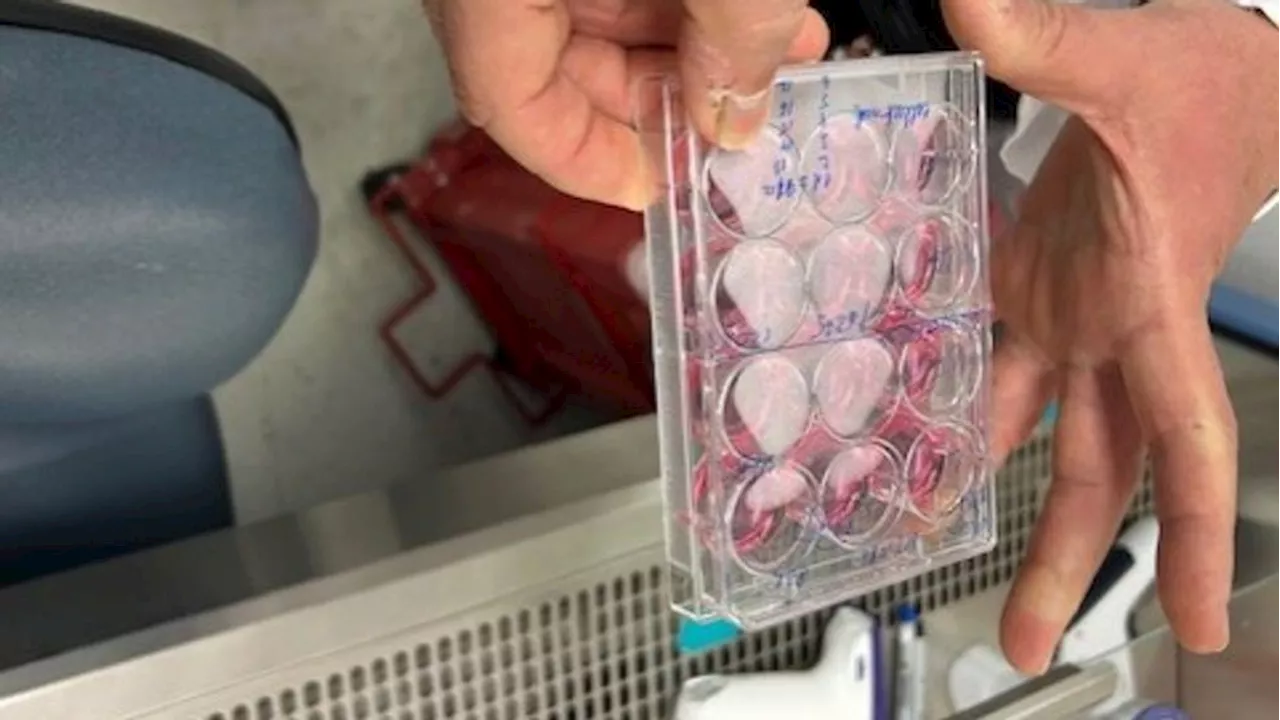 University of South Alabama researchers studying mitochondrial DNA phenomenonUniversity of South Alabama researchers are helping to pave the way for artificial mitochondria creation.Dr. Mikhail Alexeyev, a professor at the Frederick P. W
University of South Alabama researchers studying mitochondrial DNA phenomenonUniversity of South Alabama researchers are helping to pave the way for artificial mitochondria creation.Dr. Mikhail Alexeyev, a professor at the Frederick P. W
Read more »
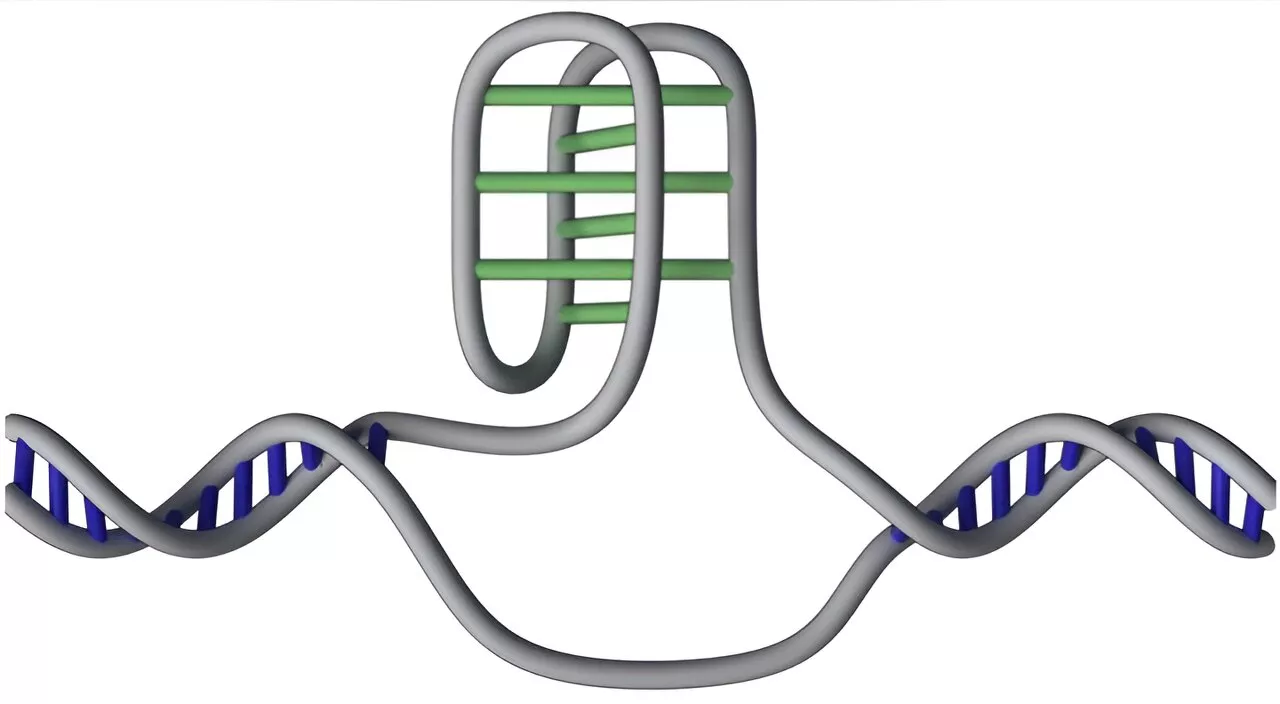 Researchers map 50,000 of DNA's mysterious 'knots' in the human genomeResearchers have mapped 50,000 of DNA's mysterious 'knots' in the human genome. The innovative study of DNA's hidden structures may open up new approaches for treatment and diagnosis of diseases, including cancer.
Researchers map 50,000 of DNA's mysterious 'knots' in the human genomeResearchers have mapped 50,000 of DNA's mysterious 'knots' in the human genome. The innovative study of DNA's hidden structures may open up new approaches for treatment and diagnosis of diseases, including cancer.
Read more »
 Researchers investigate cell-free DNA as early sepsis marker in foalsIt's hard to be a horse. It's especially hard to be a newborn foal, dropped into a world of microbes and bacteria with your sole initial defense against devastating infections being the antibodies you get from your mother's milk, or colostrum.
Researchers investigate cell-free DNA as early sepsis marker in foalsIt's hard to be a horse. It's especially hard to be a newborn foal, dropped into a world of microbes and bacteria with your sole initial defense against devastating infections being the antibodies you get from your mother's milk, or colostrum.
Read more »
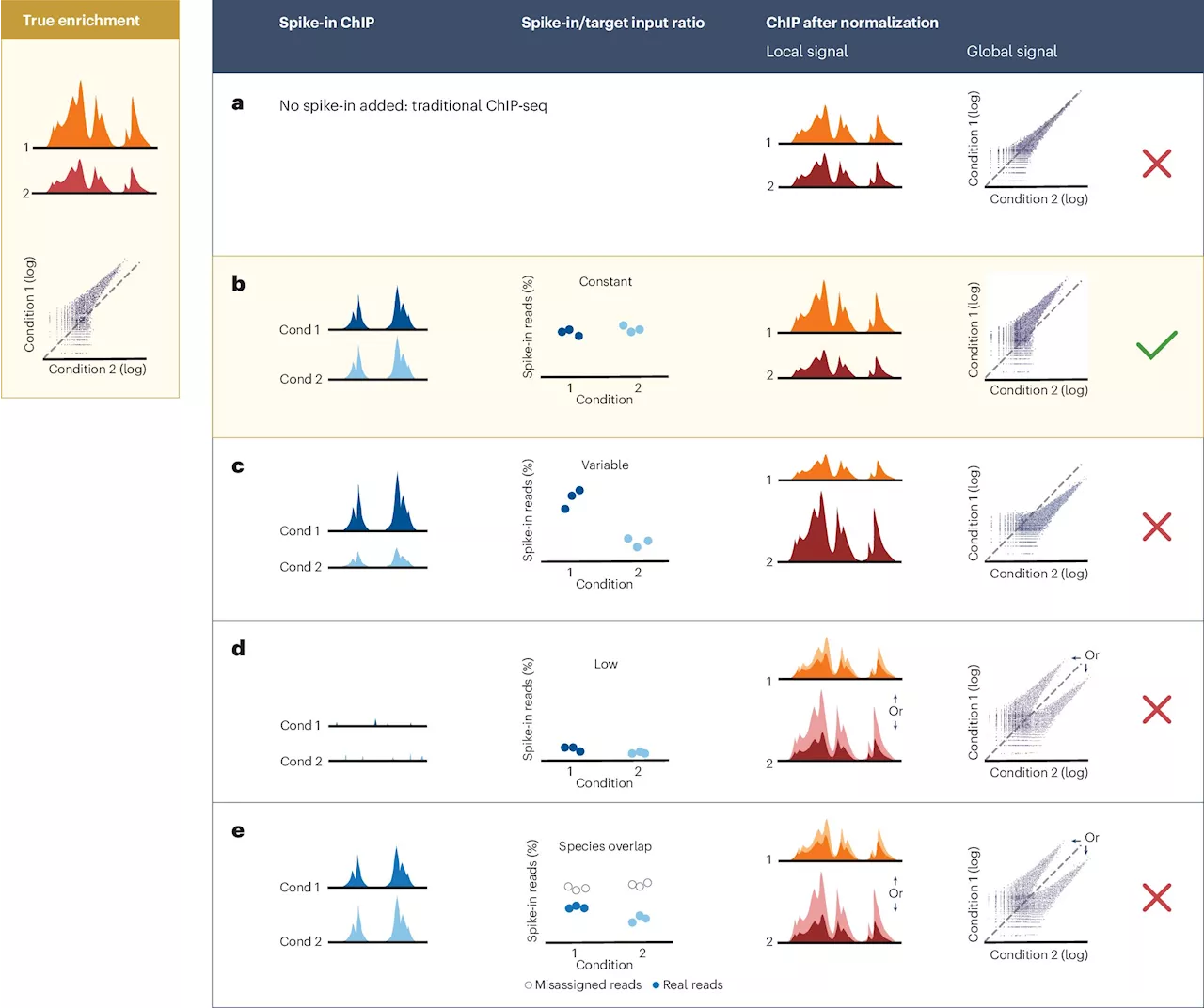 Technique to study how proteins bind to DNA is easily misused: Researchers offer a solutionResearchers at University of California San Diego have published new guidelines that could help scientists significantly improve their results when quantifying the interactions between DNA and proteins.
Technique to study how proteins bind to DNA is easily misused: Researchers offer a solutionResearchers at University of California San Diego have published new guidelines that could help scientists significantly improve their results when quantifying the interactions between DNA and proteins.
Read more »
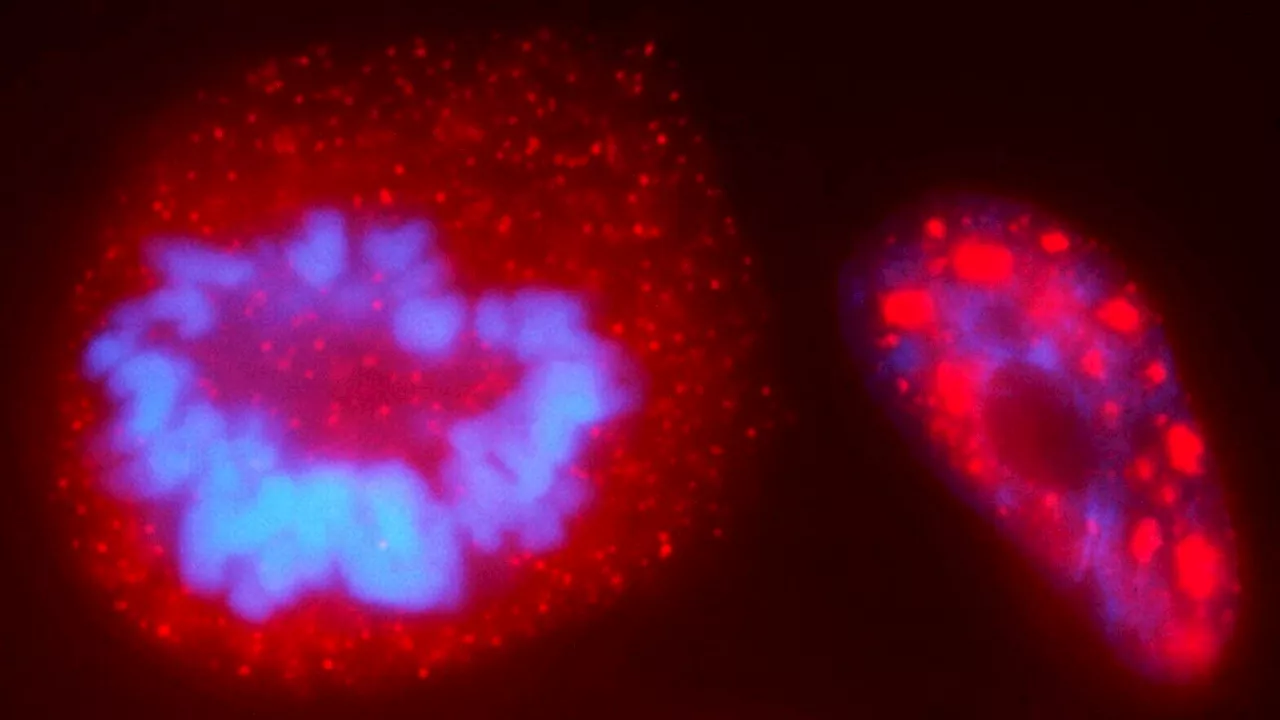 Researchers bend DNA strands with light, revealing a new way to study the genomeWith the flick of a light, researchers have found a way to rearrange life's basic tapestry, bending DNA strands back on themselves to reveal the material nature of the genome.
Researchers bend DNA strands with light, revealing a new way to study the genomeWith the flick of a light, researchers have found a way to rearrange life's basic tapestry, bending DNA strands back on themselves to reveal the material nature of the genome.
Read more »
 Researchers explain the organization of DNA in chromosomes from repetitive interactions between nucleosomesA new article analyzes in depth the physical problems associated with DNA packaging that have often been neglected in structural models of chromosomes. The study demonstrates that the multilaminar organization of DNA, proposed from previous experimental research, is fully compatible with the structural and functional properties of chromosomes.
Researchers explain the organization of DNA in chromosomes from repetitive interactions between nucleosomesA new article analyzes in depth the physical problems associated with DNA packaging that have often been neglected in structural models of chromosomes. The study demonstrates that the multilaminar organization of DNA, proposed from previous experimental research, is fully compatible with the structural and functional properties of chromosomes.
Read more »
